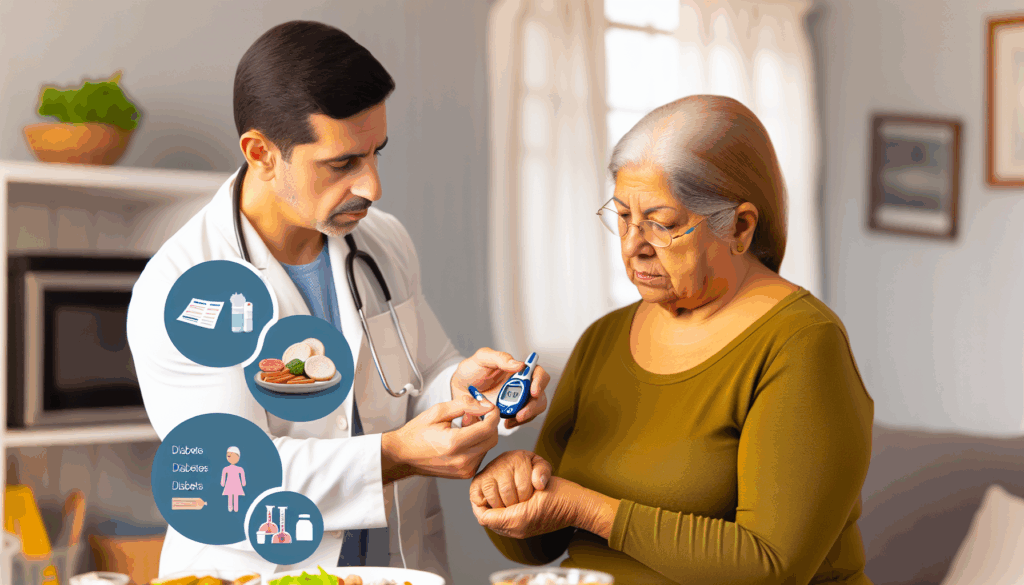Understanding the Role of Home Health Care in Managing Diabetes
Home health care plays a vital role in the management of chronic diseases, particularly diabetes. With more than 34 million individuals in the United States affected, understanding the intricacies of diabetes management at home becomes all the more essential. This article aims to shed light on the significance of home health care in managing diabetes and how such an approach can make a difference.
What is Diabetes?
Diabetes is a chronic disease that affects how your body turns food into energy. The pancreas produces a hormone called insulin, which helps your body use the glucose from the food you eat. In diabetes, either your body doesn’t make enough insulin or it can’t use the insulin it does make effectively, leading to high blood sugar levels.
The Importance of Regular Monitoring
Regular monitoring of blood glucose levels is a crucial aspect of diabetes management. It helps you know how food, exercise, and medication are affecting your blood sugar. Home health care professionals can guide you on how to accurately monitor your glucose levels, maintain records, and interpret the results.
Healthy Eating and Nutrition Therapy
Eating a balanced diet is crucial in diabetes management. Home health care providers can work with you to develop a personalized meal plan that factors in your lifestyle, food choices, and glucose control targets. Whether it is about encouraging portion control, selecting healthy carbohydrates, or diversifying protein sources; a home health care provider can help navigate these nutritional challenges.
Physical Activity and Exercise
Regular physical activity is another key strategy in diabetes management. However, it is important to have safe and effective exercise routines. Home health care professionals can provide advice and guidance on exercises that suit your health status and fitness levels.
Medication Management
Depending on the type and severity of diabetes, you may need medication or insulin therapy. Proper medication management, which includes taking medicines at the right times, in the correct dosages, and understanding side effects, is crucial. Home health care can be a valuable resource in managing your medication routine to avoid any errors or omissions.
Conclusion
Addressing diabetes effectively requires a comprehensive approach that includes diet, exercise, medication management, and regular monitoring of blood sugar levels. With their tailored services, home health care professionals play a pivotal role in guiding and supporting individuals with diabetes in managing their condition from the comfort of their homes.



